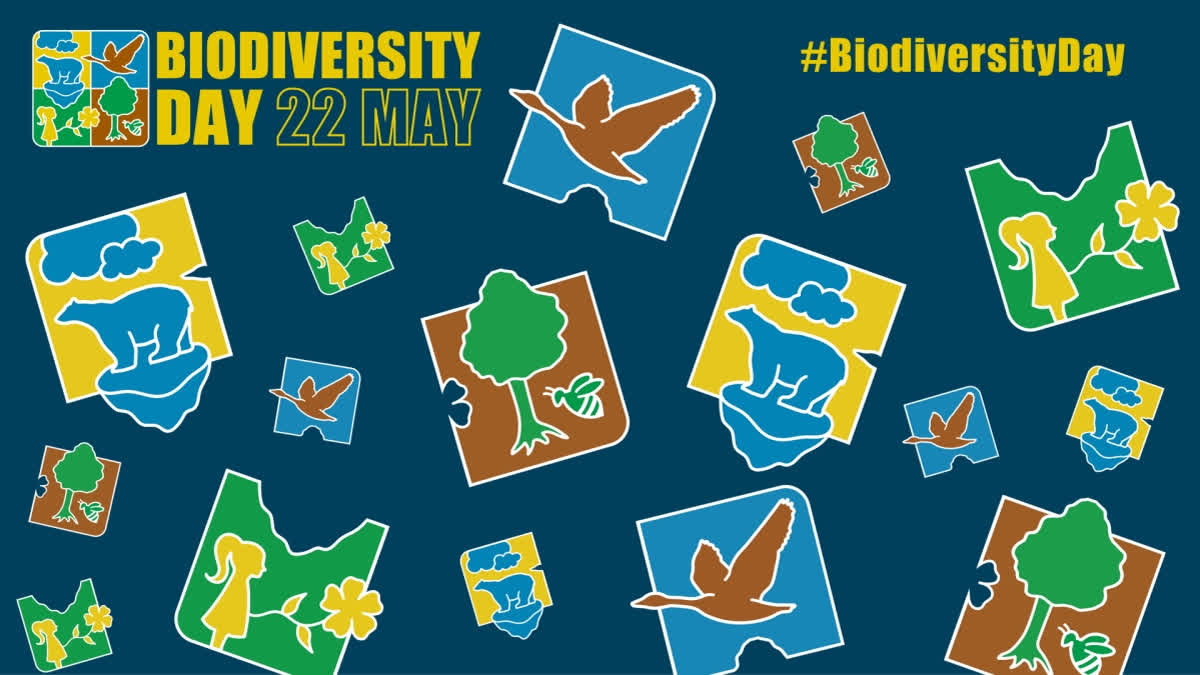Hyderabad: Biodiversity is the measure of the number, variety and variability of living organisms, which includes diversity within species, between species, and among ecosystems. The concept of biodiversity also covers how it changes in various locations and how the number of species in a specific area helps in monitoring certain aspects of biodiversity.
International Day for Biological Diversity is observed every year around the world to highlight the importance of biodiversity and its role in sustaining life and other integral things on Earth. The day promotes the conservation of biodiversity and commits to rebuilding it. International Day for Biological Diversity is observed on May 22 with various themes that highlight the events and seminars organised to promote knowledge and awareness about biodiversity. In the year 2023, International Day for Biological Diversity is being observed around the theme “From Agreement to Action: Building Back Biodiversity.”
Also read: Climate warming may expose species across the world to deadly temperatures: Study
The day is rooted in the history of the United Nations Conference on Environment and Development (The Earth Summit), which was held in Rio de Janeiro, Brazil, in the year 1992. At this conference, world leaders recognised an urgent need to address the global decline in biodiversity, and on May 22, 1992, various countries adopted the Convention on Biological Diversity (CBD).
The United Nations Environment Programme states that biological diversity resources are the pillars upon which we build civilizations. Fish provide 20 per cent of animal protein to about 3 billion people. Over 80 per cent of the human diet is provided by plants. As many as 80 per cent of people living in rural areas in developing countries rely on traditional plant‐based medicines for basic healthcare.
The loss of biodiversity has negative effects on various aspects of human well-being, such as food security, vulnerability to natural disasters, energy security, and access to clean water and raw materials. Human health, social relations, and freedom of choice are also affected due to the loss of biodiversity.



